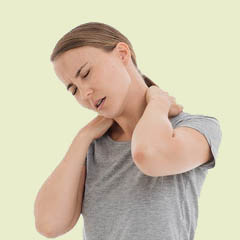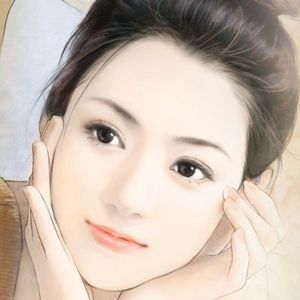Internal Medicine Conditions
Various Internal Medicine Conditions To Be Improved
Emotional Disturbances
Anxiety, Depression, Panic Attacks
Stress Related
Stress, Worrying, Obsession, Social Relationship
Energy Related
Tiredness, Fatigue, Exhaustion
Bowel Habits
Constipation, Diarrhea, Dysentery
Sleep Disorders
Hard to Fall Asleep, Broken Sleep, Sleep Talking
Male Function
Impotence, Low Libido, Premature Ejaculation, Erectile Dysfunction
Urinary Problems
Painful Urination, Cloudy Urination, Frequent Urination, Hematuria
Sweating
Spontaneous Sweating, Night Sweats, Profuse Sweating
Hair Problems
Hair Loss, Premature Graying of Hair, Thinning Hair, Hirsutism
Digestive Problems
Acid Reflux, Indigestion, Poor Appetite, Nausea & Vomiting, IBS
Dizziness & Vertigo
Dizziness, Vertigo, Lightheadedness
Hearing Issues
Tinnitus & Deafness
Memory Issues
Forgetfulness, Poor memory
Tremor
Parkinson's, Stroke
Breathing
Asthma, Wheezing, Shortness of Breath
Need Help for Your Internal Medicine Condition?
Emotional Disturbances
Emotional disturbances are the most common cause of all kinds of disease and imbalance of the body. The consumption of bodily energy due to emotional disturbances is way more serious than physical energy consumption. Emotional energy consumption cannot be easily restored even after a good rest or sleep while physical energy consumption can easily be restored or refreshed. This explains why you are exhausted or unable to go back to normal after some sort of emotional trauma.

Common Conditions
- Anxiety
- Depression
- Panic Attacks
- Sadness
- Pensiveness
- Grief
- Mood Swings
- Desire to stay alone
- Suicidal Attempts
Stress Related Conditions
In modern life, every single individual is exposed to a certain degree of stress in their daily life regardless of their situation. Depending on the ability to manage the stress, one can manage it very well while others suffer from it seriously. Stress is a subjective emotional condition but it can easily affect physical functions and balance of the body system.
It is common in people with high stress to see tight neck and shoulders, headaches, eye strains, migraines, indigestion, excessive appetite, fibromyalgia, infertility, chronic fatigue, and many other disorders.
Since addressing the underlying cause of stress is essential to bring the normal healthy daily life back, treating both the root and branch of the problem is importantly considered during the treatment sessions.
Common Causes of Stress
- Worrying
- Due Dates
- Social Relationship
- Family Issues
- Obsession
- Work
- Study
- Health Problems
- Financial Issues
- Being Bullied
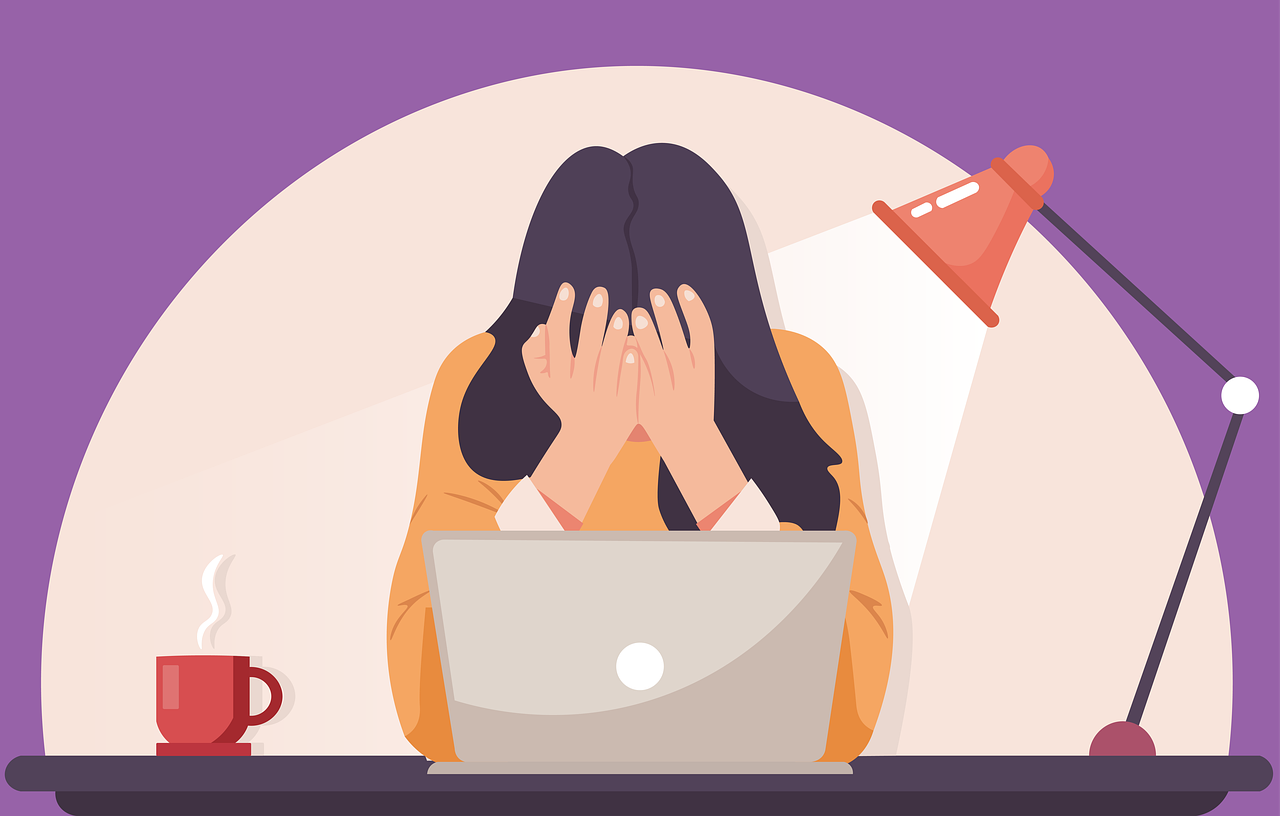
Energy & Fatigue
Tiredness is commonly seen in clinical settings. And it can be a feature of many different disorders. Tiredness can be expressed in many different ways, such as a lack of physical and mental energy, lack of motivation, excessive sleepiness, exhaustion, dragging, listlessness, or a devastating inability to perform even the simplest of tasks.
Fatigue is an overall feeling of tiredness or lack of energy. It refers to the subjective human experience of physical and mental weariness, sluggishness, low energy, and exhaustion. When you are fatigued, you have no motivation and energy. Being sleepy may be a symptom of fatigue but it is not the same as simply feeling drowsy or sleepy.
If your tiredness or fatigue doesn’t resolve with proper rest and nutrition, or is suspected to be caused by an underlying physical or mental health condition, our assessment and help could give a good help.

Common Conditions
- Tiredness
- Chronic Fatigue Syndrome
- Exhaustion
- Lassitude
- Dragging
- Listlessness
- Low Energy
- Desire to lie down
- Sleepy after meals
- Drowsiness
- Somnolence
Bowel Movement Related
Difficulty in passing stools, prolonged intervals between stools, or a desire to defecate without the ability to do partially or completely, all belong to the category of constipation. The stools may look hard, dry, pellet-like, or normal.
Chronic constipation may be largely related to diet and sedentary habits, or can also be associated with other primary illness such as fever or dehydration.
Diarrhea, which is commonly characterized by the frequent passage of loose or watery stools, increase in the softness or fluidity or the stool, and an increase in frequency of bowel motion, causes distress and embarrassment, and affects daily life significantly. It may be present alone or be associated with other symptoms, such as nausea, vomiting, abdominal pain or weight loss. Diarrhea usually lasts no more than few says. But when diarrhea lasts beyond a few days into weeks, it usually indicates that there’s another problem, such as irritable bowel syndrome (IBS) or a more serious disorder, including persistent infection, celiac disease or inflammatory bowel disease (IBD).
Abnormal Bowel Habits
- Constipation
- Frequent Bowel Movements
- Hard Stools
- Diarrhea
- Explosive Diarrhea
- Dysentery
- Not-emptied Sensation
- Burning Sensation around the Anus
- Shapeless Stools
- Undigested Food in the Stools
- Pus (Mucus) or Blood in the Stools
- Foul-smelling Stools
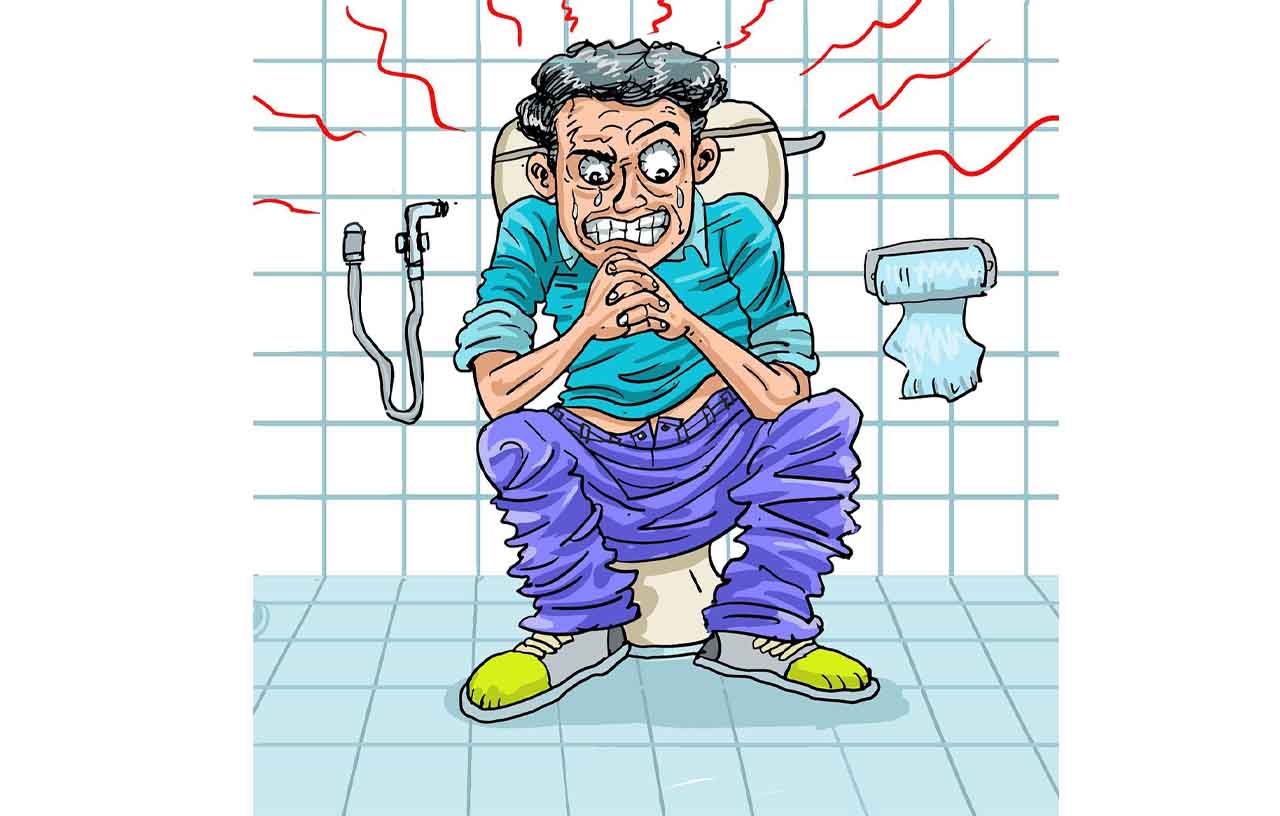
Sleep Disorders
Good quality of sleep is one of the most important and essential factors that can make us maintain the normal daily life and revive the energy and initiatives. Sleep deprivation also can affect your ability to drive safely and increase the risk of other health problems.
Insomnia describes a variety of different symptoms associated with sleep disturbance, including inability to fall asleep, difficulty falling asleep, frequent waking, restless at night, excessive daytime sleepiness, irregular breathing, increased movement during sleep, or dream disturbed sleep.
Treatment with acupuncture and herbal medicine usually produces a reliable result in most types of insomnia.

Sleep Disorders
- Hard or Unable to Fall Asleep
- Hard to Stay Asleep
- Frequent Waking and Light Sleep
- Toss and Turn
- Sleep Talking
- Sleep Walking
- Sleep Apnea
- Too Deep Sleep
- Sleepiness even after a long hour sleep
- Dream Disturbed Sleep
- Vivid Dreams
- Tiredness or Heaviness upon Waking
- Seeing Ghosts
- Unable to Sleep due to Fear when Alone
- Restless Leg Syndrome
Erectile Dysfunction & Male Infertility
Erectile dysfunction (impotence) is the inability to achieve and keep an erection firm enough for sex, and inability to ejaculate with orgasm. Having erection trouble from time to time isn’t necessarily a cause for concern. If erectile dysfunction is an ongoing issue, however, it can cause stress, affect your self-confidence, and contribute to relationship problems. It is often associated with vascular disease and may be complicated by social and emotional factors, like overwork and consequent fatigue, anxiety and depression, disinterest in the sexual partner, fear of sexual incompetence, marital discomfort or guilt about unconventional sexual impulses.
Poor sperm quality, low sperm count, and poor sperm motility are the most common causes of male infertility. Nearly 1 in 7 couples is infertile, and in up to half of these couples, male infertility plays at least a partial role.
Male Dysfunction
- Impotence (inability to achieve an erection or orgasm)
- Erectile Dysfunction; hard to erect, hard to stay erect, hard to achieve an orgasm
- Premature Ejaculation
- Nocturnal Emissions with dream or without dream
- Low Libido or No Libido
- Too High Libido
- Spermatorrhea (excessive or involuntary ejaculation without orgasm)
- Poor Sperm Quality
- Low Sperm Count
- Poor Sperm Motility

Urinary Problems
Urinary abnormalities, such as frequent urination, awaking few times in the night to urinate, difficulty starting urination, involuntary loss of urine (incontinence), difficulty emptying bladder or weak urine stream, cloudy urine, changes in urine color, pain or burning sensation upon urination, and strong and persistent urge to urinate, seriously impact your daily life, activities in your work, business, travel, or social relationship.
There can be other related signs and symptoms, like pain in the back, pain in the lower abdomen or groin, painful ejaculation, or painful sexual intercourse. It can be accompanied by blurred vision, bumps, blisters, or open sores around genitals, clear discharge from penis, extreme thirst or hunger, fatigue, fever, nausea or vomiting, unintended weight loss, or vaginal odor. The condition can be aggravated with menstrual cycle or stress.
Urinary abnormalities can be associated with underlying health concerns, such as prostatitis, benign prostatic hyperplasia (BPH), kidney infection, urinary tract infection (UTI), interstitial cystitis, overactive bladder, type 1 diabetes, vaginitis, chlamydia trachomatis, gonorrhea, or other health problems.

Conditions Related to Urination
- Frequent Urination
- Urinary Incontinence
- Night Urination (Nocturia)
- Cloudy Urine
- Painful Urination
- Dribbling Urine
- Not-fully emptied urination
- Hematuria (Bloody Urination)
- Urinary Blockage
- Hard to Initiate or Hesitant Urination
- Burning Sensation on Urination
Sweating (Perspiration)
Sweating occurs constantly and is essential to the body as a means of temperature regulation and as a pathway of elimination (clearing waste products or toxicants from the body). And sweating is not perceived as a problem until it impacts on daily life.
One of the symptoms of the spontaneous sweating, sweating on palms and soles, for example, may affect your daily life and social relationship. Because of clammy hands, you may reluctant to shake hands with others or dislike social relationship or have hard time in doing business.
Night sweats which commonly occur around menopause may also badly affect your wellbeing or sleep quality.
Cold sweats or sticky yellow sweating represents certain pathophysiological condition of your body system.
Sweating Problems
- Spontaneous Sweating
- Night Sweats
- Profuse Sweating
- Exhaustion Sweating
- Cold Sweats
- Sticky Yellow Sweating
- Unilateral Sweat

Hair
Hair problems can be the result of heredity, hormonal changes, medical conditions or a normal process of aging. Hair problems or hair loss can affect just your scalp or the entire body, and it can be temporary or permanent.
The most common health related causes of hair problem are stress, physical or emotional shock, blood production and circulation, and the function of the body that is related to the kidneys.
Along with a good stress management and healthy diet, avoiding hairstyles that pull on the hair, avoiding high heat hair styling tools, using mild shampoo, and trying low-level light therapy are some known tips to prevent hair loss in general.

Hair Problems
- Hair Loss (Alopecia)
- Premature Graying of Hair
- Thinning Hair
- Abnormal Growth of Hair including Hirsutism
- Dandruff
Digestive Issues
Enjoying food is one of the most essential and important joys of life. In order to maintain daily life and physical activities, our body needs proper amount of food and fluid. Digestion is the complex process of turning the food into nutrients, which the body uses for energy, growth and cell repair needed to survive. The digestion process also involves creating waste to be eliminated.
The process of digestion include six activities: ingestion, propulsion, mechanical or physical digestion, chemical digestion, absorption, and defecation. Dysfunction of any of these activities will lead to digestive problems.
Digestive Problems
- Indigestion
- Poor Appetite
- Abnormal Hunger
- Acid Reflux or GERD
- Nausea and Vomiting
- Binge Eating
- Picky Eating
- Food Intolerance
- Bloating and Fullness
- Crohn’s Disease
- Irritable Bowel Syndrome (IBS)
- Diverticulitis
- Ulcerative Colitis
- Gallstones

Dizziness & Vertigo
A range of sensations, such as feeling faint, woozy, weak or unsteady, is described as dizziness. Dizziness usually lasts a few seconds only, even though fainting may occur occasionally.
Dizziness that creates the false sense of the sensation of self-movement or the movement of your surroundings is called vertigo, and it can be very debilitating. Vertigo is more severe, and may be described as ‘head spinning’, ‘the room spinning’, ‘bedspins’ or ‘everything rocking and swaying’. It may last for minutes or hours. During episodes, patients usually become frightened and tend to remain immobile. Nausea, vomiting and tinnitus are often associated with vertigo.
Chinese herbal medicine and acupuncture, or KSNS therapy can be a good solution for this condition.
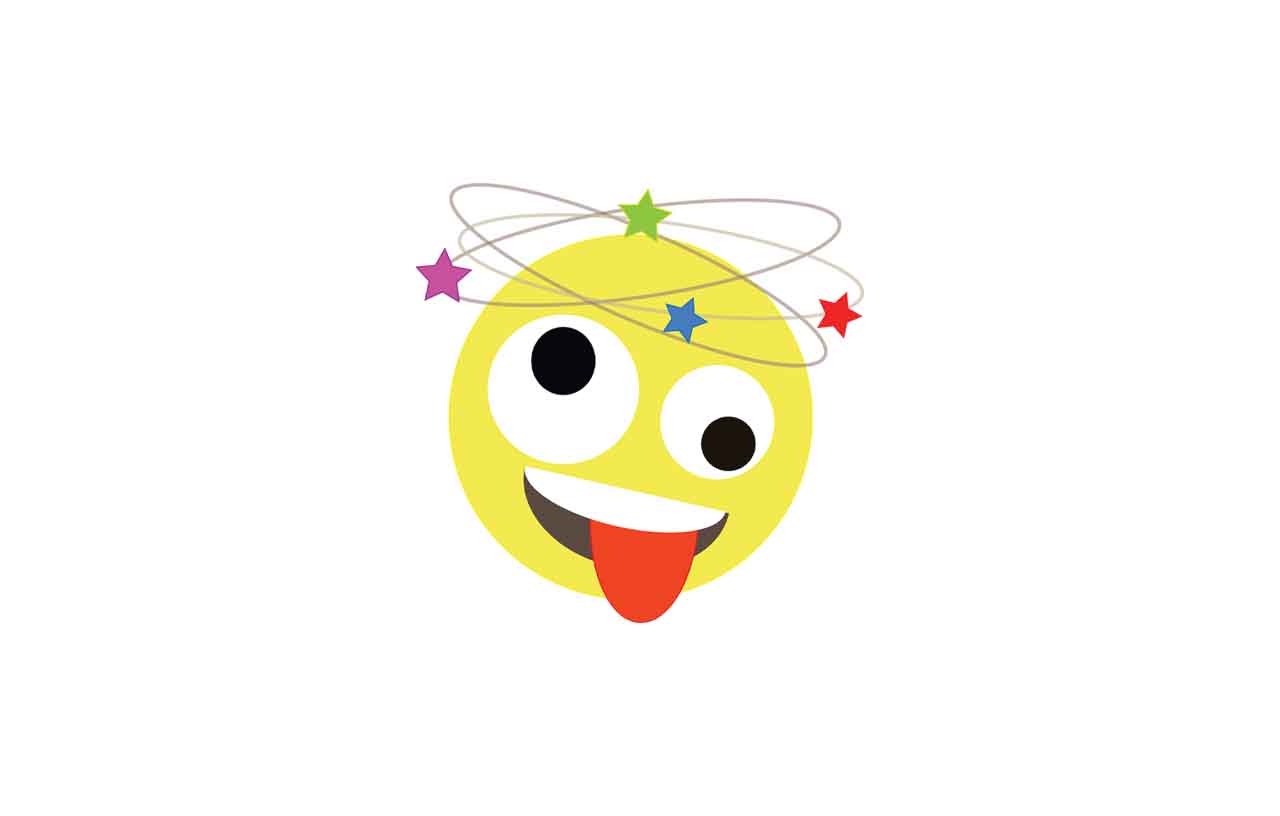
Dizziness & Vertigo
- Dizziness
- Vertigo
- Light-headedness
Ear and Hearing
Tinnitus is the subjective experience of hearing a buzzing or ringing sound in one or both ears. There are tiny, delicate hair cells in the inner ear (cochlea) that move when the ear receives sound waves. This movement triggers electrical signals along the nerve from the ear to the brain. The brain interprets these signals as sound, causing tinnitus. If the hairs inside the inner ear are bent or broken, usually due to aging, they can leak random electrical impulses to the brain, causing tinnitus. Other common causes of tinnitus can be ear canal blockage or ear infection, head or neck injuries, medications. In many cases, however, an exact cause of tinnitus is never found.
Loss of hearing or deafness may or may not be associated with tinnitus. But the etiology and phathophysiology of both tinnitus and hearing loss are essentially the same.
Tinnitus or loss of hearing is a common disorder but unfortunately, it is difficult to treat successfully. Chronic cases are more difficult than acute or recent cases, and those due to exposure to loud noise generally do not respond very well. Having said this, prolonged therapy may be needed and may lead to successful treatment result.
Hearing Problems
- Tinnitus (Ringing in the Ear)
- Deafness or Loss of Hearing
- Diminishing Hearing

Memory Problems
Memory is the ability to normally recall the facts and events of our lives. And it’s normal to forget things from time to time. It’s normal to become somewhat more forgetful as you age. Healthy people can experience memory loss or memory distortion at any age.
Memory loss that is ‘more than normal’ usually starts to happen when we hit our 50s. Many people, however, may experience memory loss in their 20s and 30s.
Some conditions are known to be contributing factors of memory loss, such as stress and anxiety, ADHD, depression, thyroid disease, alcoholism, Vitamin B-12 deficiency, infections, certain drugs, both prescription and over-the-counter.
Including physical activity in daily routine, staying mentally active like learning a new skill, making to-do lists, etc., socializing, getting organized, good sleep, healthy diet and treating underlying health conditions may help improve your memory and prevent memory loss.
Treatment for Alzheimer’s disease or dementia may not be successful, but just ‘more than normal’ range of memory loss can be improved with treatments.

Memory Related
- Poor Memory
- Forgetfulness
- Poor Concentration
- Memory Loss
- Cognitive Difficulties
Tremor and Wind Stroke
Tremor is involuntary muscular quivering or rhythmic movements in one or more parts of the body. The shaking happens because of muscle contractions. A tremor is most often in your hands, but it could also affect your arms, head, vocal cords, trunk, and legs.
Parkinson’s disease, a progressive nervous system disorder that affects movement, is commonly associated with tremor. Symptoms start gradually, sometimes starting with a barely noticeable tremor in just one hand. Tremors are common, but the disorder also commonly causes stiffness or slowing of movement.
Wind stroke is a traditional Chinese medicine classification that is closely analogous to the biomedically defined cerebrovascular accident (CVA). A stroke happens when there is a loss of blood flow to part of the brain. The brain cells cannot get the oxygen and nutrients they need from blood, and they start to die within a few minutes. This can cause lasting brain damage, long-term disability, or even death. About 50% of strokes are preceded by a transient ischemic attack (TIA), which is a focal neurological dysfunction due to cerebral ischemia lasting less than 24 hours. TIA’s are characterized by transient vertigo, monocular blindness and confusion, double vision or ataxia. TIA’s are important prognostic indicators for impending stroke.
Involuntary body movements outside of your control may be mild, such as a slight eye twitch, or quite pronounced and affect movements of the arms, trunk, or neck. Involuntary movements may be caused by chronic conditions, nerve damage, drug reactions, or brain injury.
Tremor
- Tremor and Shaking
- Wind Stroke
- Parkinson’s
- Involuntary Movement of the Body or Limbs

Breathing Related Issues
Shortness of breath (dyspnea) is often expressed with chest tightness, difficulty breathing, breathlessness, air hunger, or a feeling of suffocation. The most common causes of dyspnea are asthma, heart failure, chronic obstructive pulmonary disease (COPD), interstitial lung disease, pneumonia, and psychogenic problems that are usually linked to anxiety.
Wheezing is a high-pitched, coarse whistling sound when you breathe (in or out). It also refers to a sense of tightness, congestion, breathlessness or constriction in the chest with difficult inspiration.
Wheezing disorders are frequently diagnosed as asthma. Asthma is a condition in which your airways narrow and swell and may produce extra mucus. This can make breathing difficult and trigger coughing, a whistling sound (wheezing) when you breathe out and shortness of breath.

Respiratory Issues
- Shortness of Breath or Dyspnea
- Asthma
- Wheezing
- Coughing (chronic)
